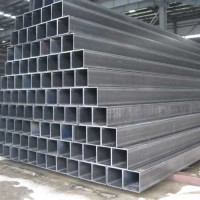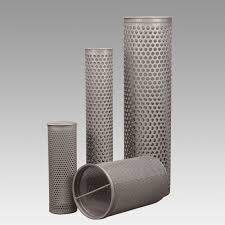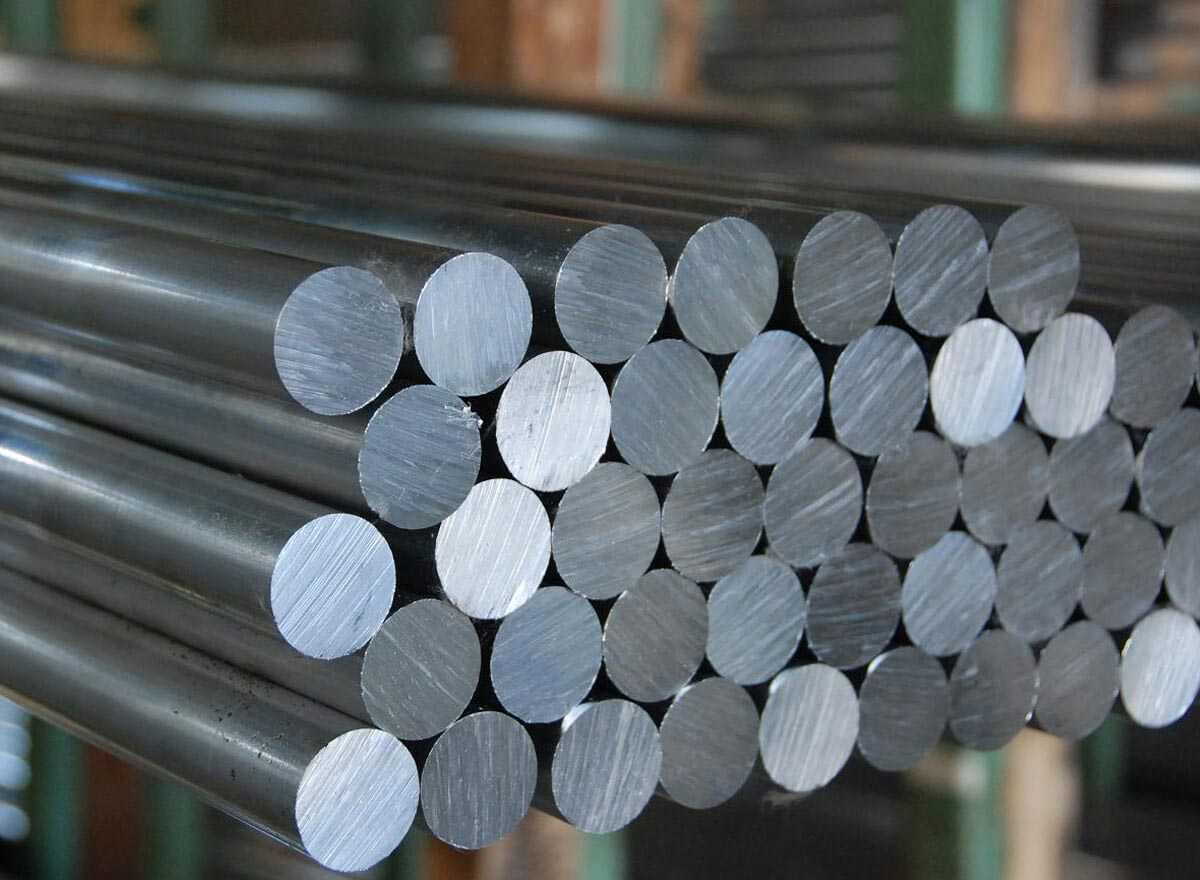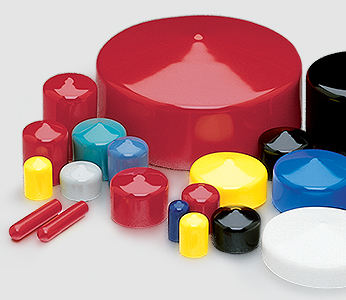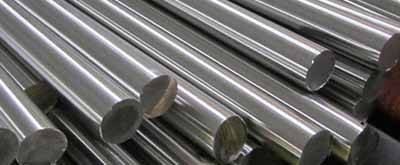What is Inconel Scrap? Understanding the Value of Inconel 625 Scrap
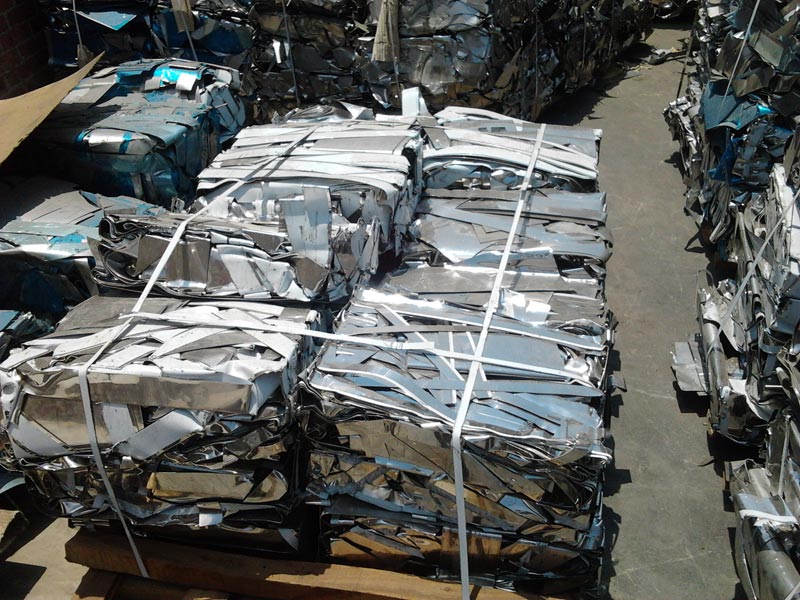
In the world of industrial manufacturing and metal recycling, one term that stands out for its high value and versatility is Inconel 625 scrap. As industries become more conscious of sustainable practices and cost-efficiency, the demand for high-performance alloy scrap like Inconel 625 continues to rise. But what exactly is Inconel scrap, and why is Inconel 625 scrap particularly valuable?
In this blog, we’ll explore what Inconel is, where Inconel 625 is used, the characteristics that make it special, and why recycling Inconel 625 scrap plays a vital role in modern industry.
What is Inconel?
Inconel is a trademarked name for a family of austenitic nickel-chromium-based superalloys designed to resist high temperatures, oxidation, and corrosion. These materials are used in extreme environments like aerospace, marine, chemical processing, and power generation.
There are many types of Inconel alloys, including Inconel 600, 625, 718, and 825, each with unique properties and applications. Among them, Inconel 625 stands out for its exceptional strength and resistance to a wide range of corrosive conditions.
What is Inconel 625 Scrap?
Inconel 625 scrap refers to leftover or discarded material from the manufacturing or use of Inconel 625 alloy components. This could include cuttings, turnings, off-cuts, rejected parts, and worn-out components. Despite being discarded, this scrap is highly valuable due to the expensive raw materials it contains—primarily nickel, chromium, molybdenum, and niobium.
Unlike traditional steel or aluminum scrap, Inconel 625 scrap can be reused in high-performance applications after processing, making it an important resource for industries aiming to reduce raw material costs and promote environmental sustainability.
Key Properties of Inconel 625
Understanding the properties of Inconel 625 helps explain why its scrap form retains high value:
High Temperature Resistance: With a melting point above 1300°C, Inconel 625 can withstand extreme heat without losing its structural integrity.
Corrosion Resistance: It resists a wide range of corrosive environments, including seawater, acidic solutions, and oxidizing chemicals.
Mechanical Strength: Inconel 625 maintains strength and fatigue resistance even under high-stress conditions.
Weldability: This alloy is highly weldable, making it useful for fabricating complex parts without sacrificing performance.
Applications That Generate Inconel 625 Scrap
Inconel 625 is widely used in industries that operate under harsh conditions. The scrap typically originates from the following sectors:
1. Aerospace
Turbine blades, engine components, and exhaust systems are often made from Inconel 625 due to its resistance to heat and oxidation. Manufacturing or repairing these parts produces valuable Inconel 625 scrap.
2. Oil and Gas
This alloy is used in subsea piping, risers, and heat exchangers. During construction or decommissioning of these systems, Inconel scrap is generated.
3. Chemical Processing
Equipment like reactor vessels and valves made of Inconel 625 eventually wears out or is replaced, creating scrap material that can be recycled.
4. Marine Engineering
Because of its seawater corrosion resistance, Inconel 625 is often found in marine hardware and shipbuilding components, which contribute to scrap when replaced.
Why Recycle Inconel 625 Scrap?
The recycling of Inconel 625 scrap offers several key benefits:
1. Cost-Efficiency
Inconel 625 is an expensive alloy due to its high nickel and molybdenum content. Recycling scrap lowers production costs and reduces dependence on virgin materials.
2. Environmental Impact
Mining and refining the raw materials used in Inconel alloys have a significant environmental footprint. Recycling scrap reduces emissions and conserves natural resources.
3. Availability of Rare Materials
Metals like nickel and niobium are not only expensive but also strategically important. Recovering them from scrap ensures a stable supply chain.
4. Energy Savings
Producing metals from recycled scrap typically consumes less energy than mining and processing ores, contributing to a more sustainable metal industry.
How Is Inconel 625 Scrap Recycled?
Recycling Inconel 625 scrap involves a few key steps:
1. Collection and Sorting
Scrap is collected from various industrial sources and sorted to ensure it is free from contamination. Precision sorting ensures consistent alloy composition.
2. Cleaning and Processing
Contaminants such as oils, coatings, and other metals are removed. The scrap is then shredded or melted, depending on the process.
3. Melting and Refining
The clean scrap is melted in an electric arc furnace or vacuum induction furnace. Alloying elements are adjusted to meet required specifications.
4. Casting and Fabrication
The refined metal is cast into ingots or other forms for reuse in manufacturing new components.
Pricing and Market Trends
Due to the high cost of primary nickel, molybdenum, and niobium, the price of Inconel 625 scrap remains relatively high in the scrap metal market. Prices fluctuate depending on global demand for superalloys, particularly in the aerospace and energy sectors.
Many metal recycling companies now specialize in high-performance alloys like Inconel 625, offering competitive rates to manufacturers and industrial users looking to sell scrap.
Choosing a Reliable Inconel 625 Scrap Buyer
If your company generates or handles Inconel 625 scrap, it’s crucial to work with a trusted and certified scrap buyer. A reputable supplier will:
Offer fair market value based on purity and weight
Provide proper documentation and recycling certification
Ensure environmentally responsible handling and disposal
Conclusion
Inconel 625 scrap may be industrial waste, but it’s far from worthless. In fact, it is a critical resource that contributes to cost reduction, resource efficiency, and environmental sustainability in high-performance industries. With its strong demand and valuable composition, Inconel 625 scrap plays an increasingly important role in the global metal economy.
Whether you’re a manufacturer, fabricator, or recycling business, understanding the value of this alloy in scrap form can help you make more informed and profitable decisions.
Note: IndiBlogHub features both user-submitted and editorial content. We do not verify third-party contributions. Read our Disclaimer and Privacy Policyfor details.

